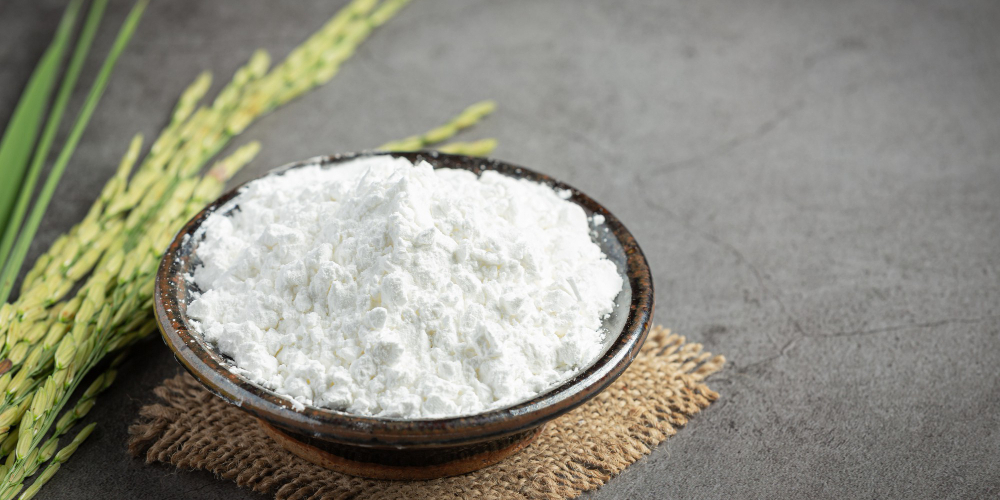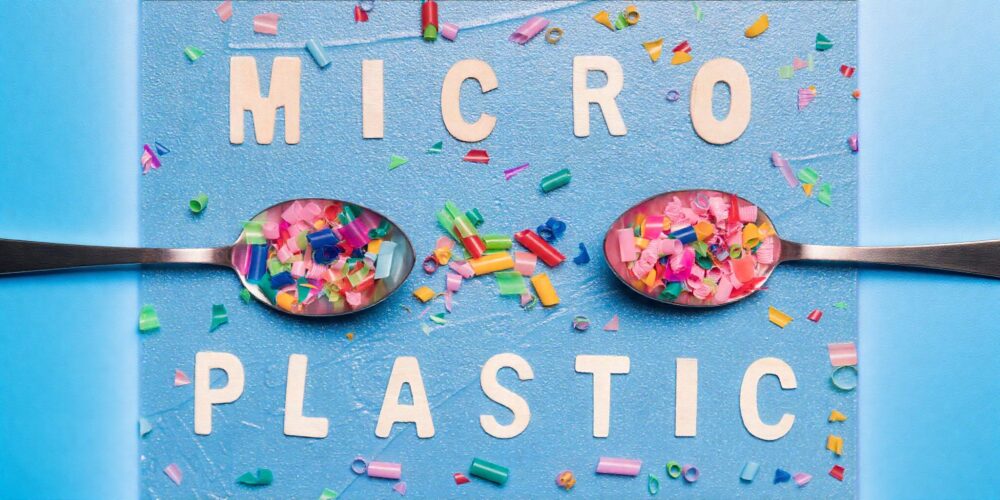FACT CHECK: Is coconut oil silently damaging your scalp?
Excess coconut oil can damage your scalp by attracting dust, causing irritation, or fostering microbial growth
Author
Author
- admin / 4 months

- 0
- 4 min read

Author
Excess coconut oil damages the scalp.
FACT:
Coconut oil is safe and beneficial as a conditioner when used in moderation, but experts suggest that excessive application can make the scalp sticky, attract dust and pollution, and even trigger irritation or folliculitis.
An Instagram reel by fitness coach and influencer Priyank Mehta has sparked widespread discussion online over claims that excess oiling can damage your scalp.
The reel begins with him warning that if you apply too much coconut oil, your hair gets damaged. “This thick layer traps heat, sweat, and sebum. It disturbs the natural microbiome, and fungus grows,” says Mehta.
He also highlights that leaving oil on the scalp for hours is unnecessary, noting that research shows 30–40 minutes is enough for penetration, while excess oil simply collects dust and pollution.
Is coconut oil silently damaging your scalp?
While coconut oil is widely praised for its nourishing and protective properties, research also suggests that its effects can vary depending on how it is used and the condition of the hair and scalp.
A 2021 longitudinal study examined the effect of topical application of coconut oil on the scalp microbiome in a cohort of 140 Indian women, including both healthy participants and those with dandruff. The study, conducted over 16 weeks, found that after the treatment phase, there was “an increase in the abundance of Cutibacterium acnes and Malassezia globosa in dandruff scalp, which were negatively correlated to dandruff parameters.”
At the functional level, there was “an enrichment of healthy scalp-related bacterial pathways, such as biotin metabolism, and a decrease in the fungal pathogenesis pathways.” The researchers concluded that coconut oil helps maintain a healthy scalp and modulates the scalp microbiome.

Another 2024 study explored how vegetable oils interact with hair fibers to mitigate damage. The researchers applied coconut, avocado, and argan oils to both virgin and bleached Caucasian hair and studied their effects on mechanical properties using tensile and fatigue tests, along with Raman spectroscopy. The results showed that “coconut and avocado oil reinforce the hydrophobic barrier of the cellular membrane complex, preventing water from causing intense perturbation of the mechanical properties, leading to increased stiffness and break stress.”
The study noted that the effects depend on hair condition and humidity, and that oils like argan, due to their high degree of unsaturation, can increase water absorption and hair fragility, especially in bleached hair.
“The analysed vegetable oils are not always beneficial for hair care. Their specific chemical characteristics and hair conditions will influence the final results and should be taken into consideration in hair care product development,” the researchers said.
A 2024 review revealed that the high protein content and thick, greasy texture of coconut oil “can lead to clogged pores, inflammation, itching, and hair loss.” It also noted that overusing coconut oil can disrupt the natural moisture balance of hair, causing frizz, brittleness, and dryness. The review emphasised the importance of careful use to prevent potential harm and suggested guidelines for safe application.
“Conditioning, not nutrition”
Dr Rashmi Sarkar, Director-Professor at the Department of Dermatology, Lady Hardinge Medical College and Hospital, New Delhi, explained that coconut oil’s primary benefit is conditioning, not nutrition.
“Oil is not really adding nutrients to the hair, as many people believe,” she clarified. “It works more like a conditioner- just as moisturiser works for the body, oils like coconut oil condition the hair and prevent it from drying out.”
Advising that moderation is key, Dr Sarkar says a short application of 30–40 minutes is sufficient before washing. “Over-oiling is not advisable, especially in hot and humid climates like most parts of India,” She noted, adding that excess oil can make the scalp sticky, attract dust and pollution, and even trigger irritation or folliculitis. “Any liquid that sticks to the scalp for too long can create a medium where microorganisms may grow.”
Dr Sarkar termed coconut oil among the safest vegetable oils. “Compared to mustard oil, which may cause photo-contact dermatitis, or almond oil, coconut oil is less irritating and generally well tolerated,” she said. However, she cautioned that “excessive use may still create conditions that promote microbial growth.”
Also read: FACT CHECK: Does coconut oil in cooking increase blood cholesterol?










